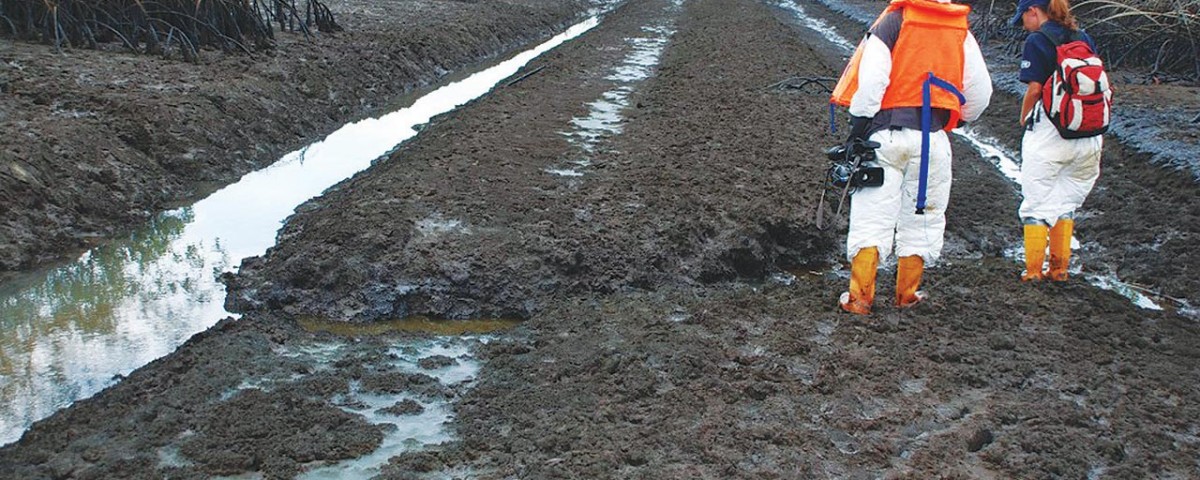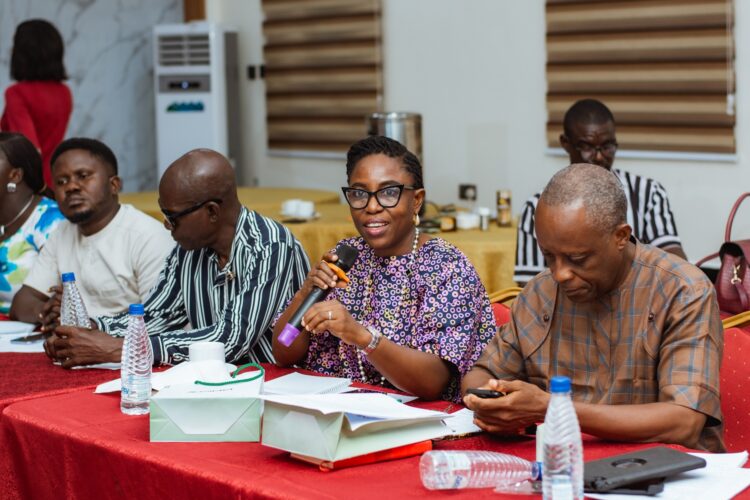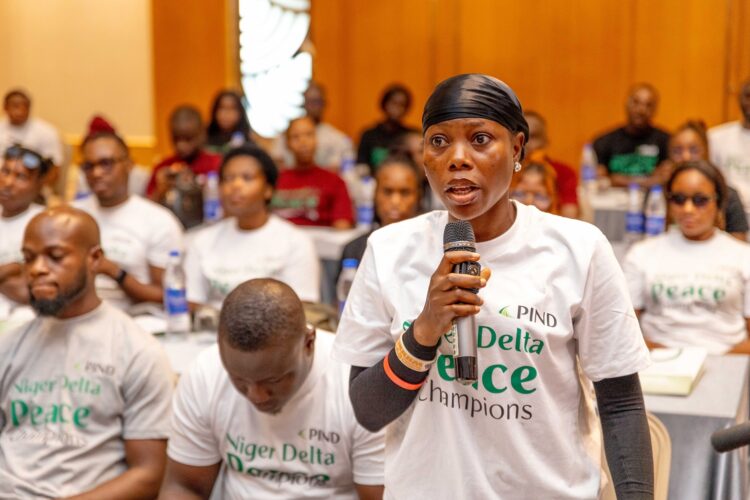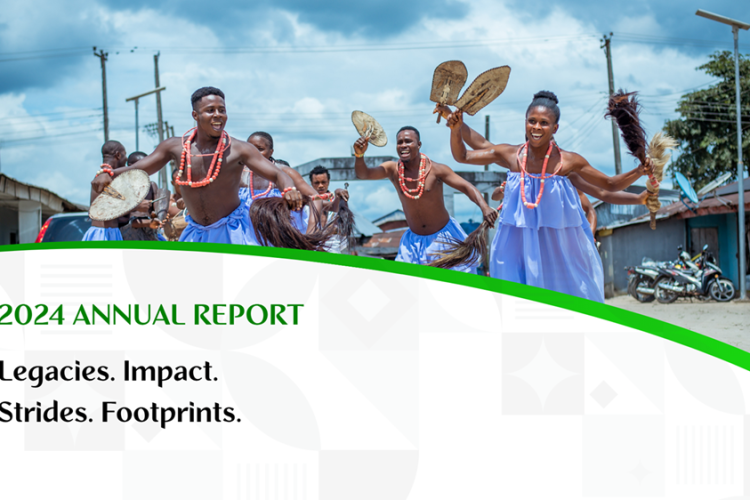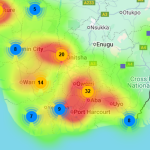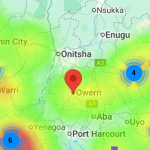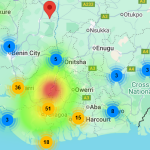
Chevron contributes 40% of Nigeria’s domestic gas supply
August 6, 2019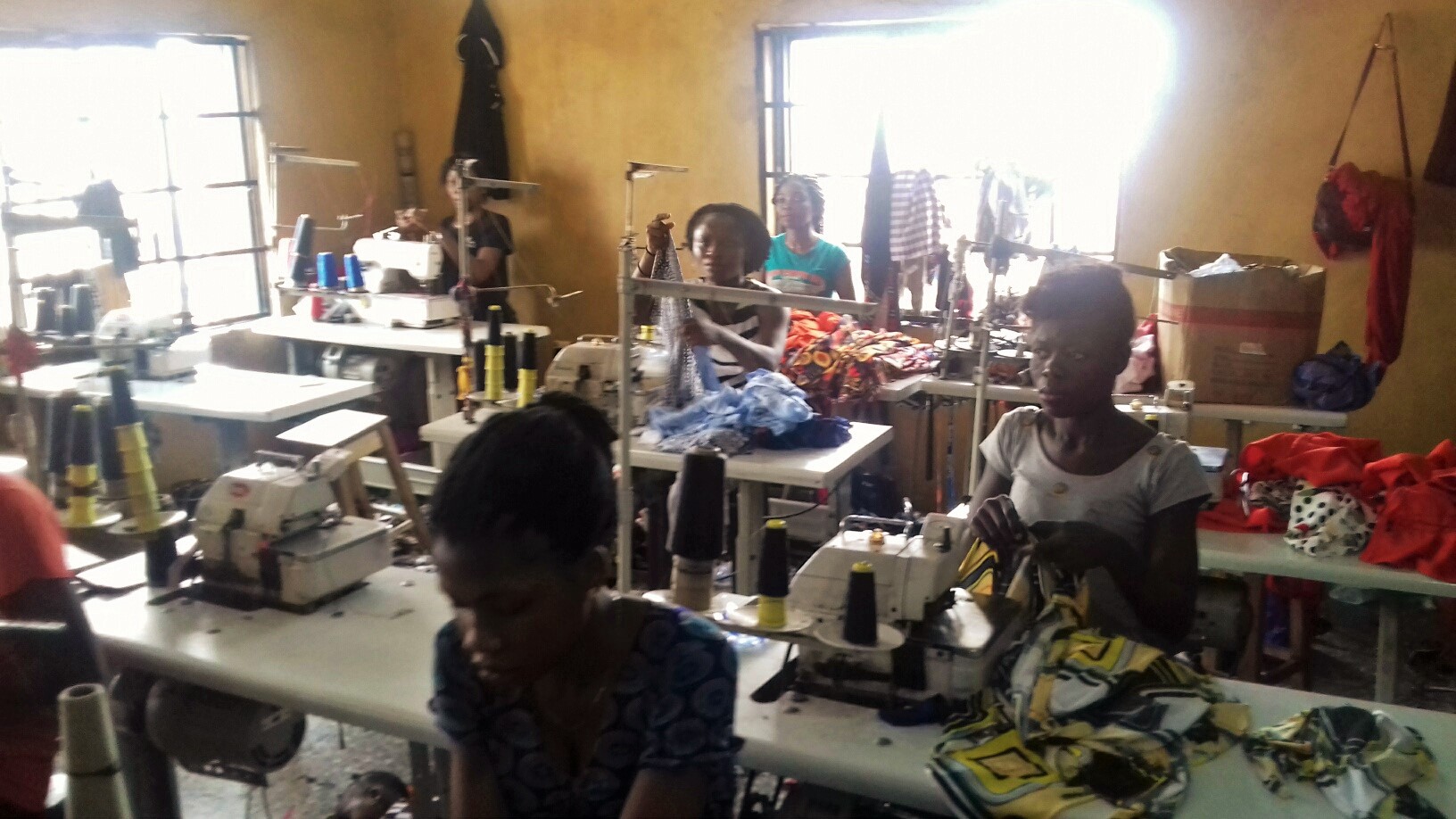
Development to come to Leather, Garment Businesses in Aba
August 8, 2019
Communities in the Niger Delta and Civil Society Organisations have said there is a need for more collaboration with the Hydro Carbon Pollution and Remediation Programme in a bid to improve the result of the Ogoni clean-up.
The stakeholders said this at a town hall meeting on the Ogoni clean-up and UNEP Report Recommendations Implementation, in Port Harcourt, according to a communiqué made available to our correspondent.
The meeting, which was facilitated by the Social Development Integrated Centre, (Social Action), was focused on ensuring that the clean-up of Ogoni represents a test case for the clean-up of the Niger Delta and the entire Nigerian environment.
The communiqué said, “Collaboration of stakeholders is important for HYPREP to succeed in the Ogoni clean-up. This is based on the role of communities/CSOs’ pressure of demands that keep the momentum of the search for beneficial effort in addressing clean-up of the polluted Ogoniland (specifically), and the Niger Delta region and even beyond.
“The current slow process of the intervention by HYPREP is still worrisome, especially, as against the fact that emergency issues must be quickly attended to as recommended by the UNEP report.”
It said the periodic review of the clean-up process among stakeholders should form part of supporting transparency and accountability strengthening towards building public confidence over the HYPREP course of action.
Editor
Ogoniland cleanup opaque, not in agreement with UNEP recommendations, elders insist
PIND Foundation Set to Revive Cocoa Plantations, Productivity in Five Years
WHO, UNEP engage stakeholders to ascertain the cause of soot in Rivers
The coalition said, “Communities waiting to be reached with the clean-up effort so far are not happy and are yet to trust what HYPREP is doing across the different localities of Ogoni. This is critically based on the fact that their land, water, and livelihoods have been destroyed and no hope is in sight as to the provision of any solution (alternatives); and secondly, emergency needs must not be treated as ordinary matters – going by the recommendations of the UNEP report.”
According to the communiqué, HYPREP is a government agency under oversight of a governing council that is in turn under the oversight of the board of trustees and is, therefore, subjected to constraints of budget planning/approval and bogged down by constraints of institutional procedures/structural set-up.
“The absence of implementing a plan on the UNEP report has precipitated much of the delay that generated confusion about communities’ expectations and what HYPREP has been doing all along,” it added.
It said monitoring and evaluation processes of the clean-up must be made inclusive for communities and CSOs’ inputs to achieve success.
The stakeholders recommended that the issue of addressing continuous artisanal refining and contamination of the Ogoniland “while the clean-up process is ongoing is highly inimical to desired objectives and thus must be given speedy and needed attention.”
“There is every need to remove some cumbersome processes around budgetary approvals in order for key and emergency issues as around provision of potable water, healthcare, livelihoods provisions, amongst others, as provided for by the UNEP report to be efficiently addressed,” they added.


